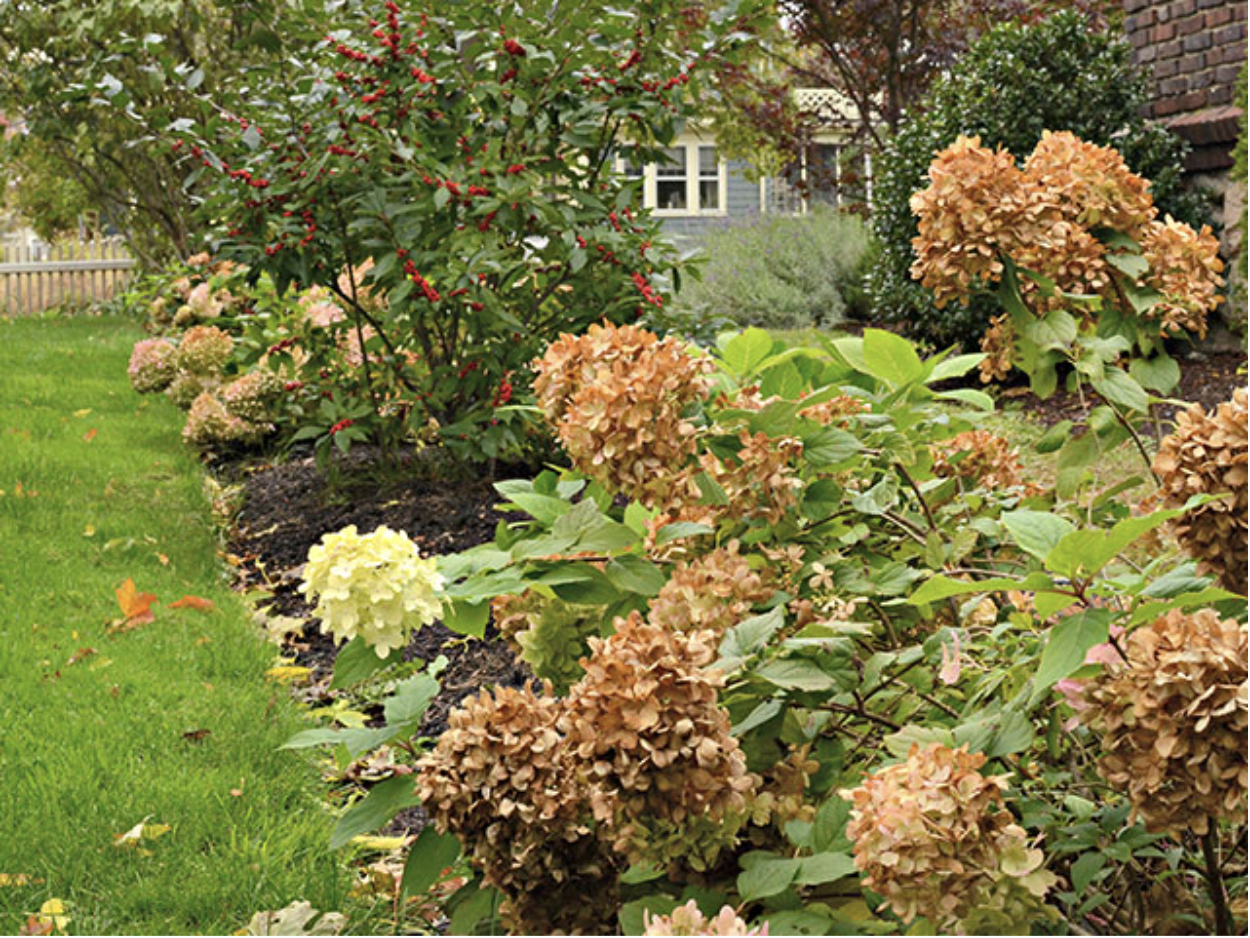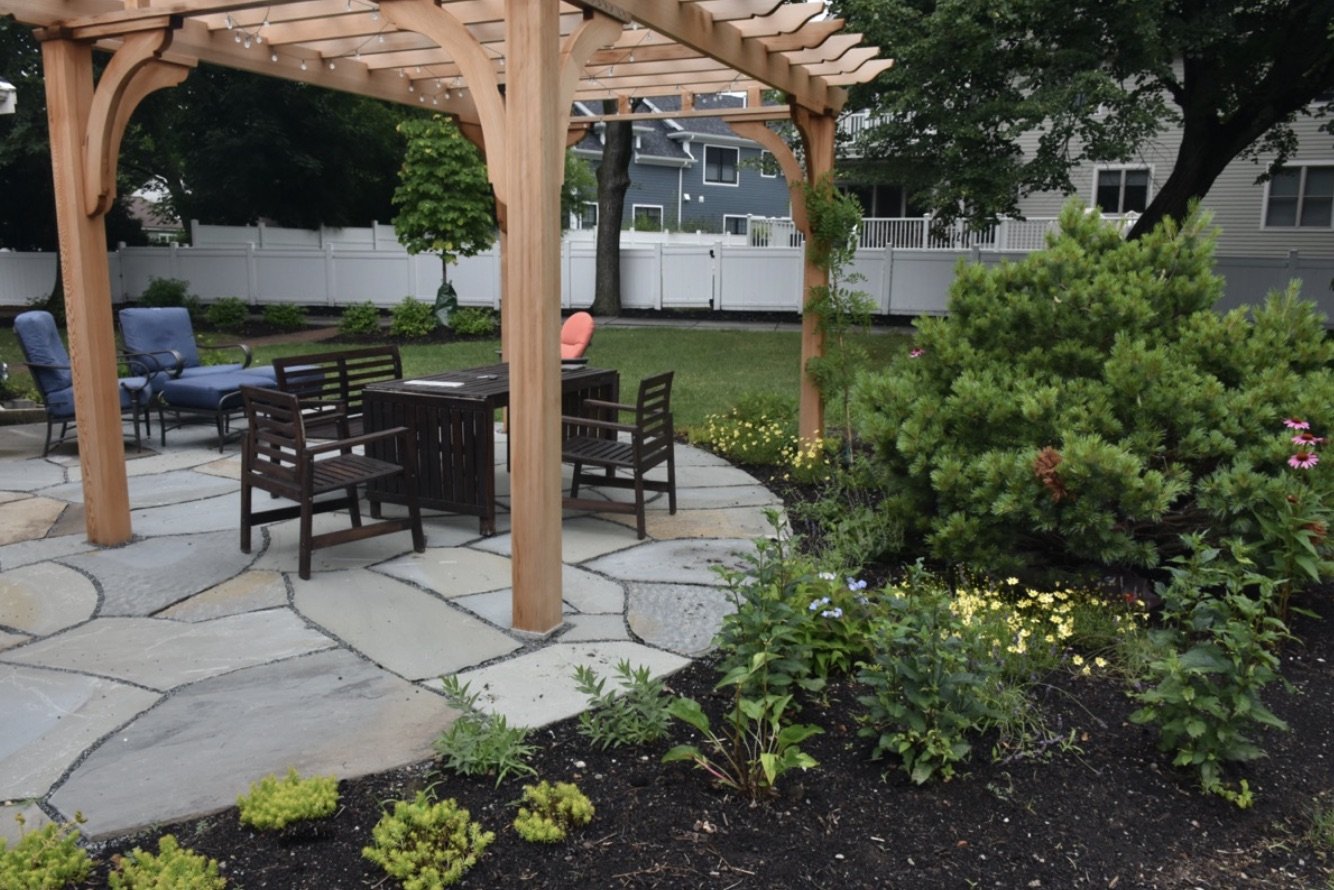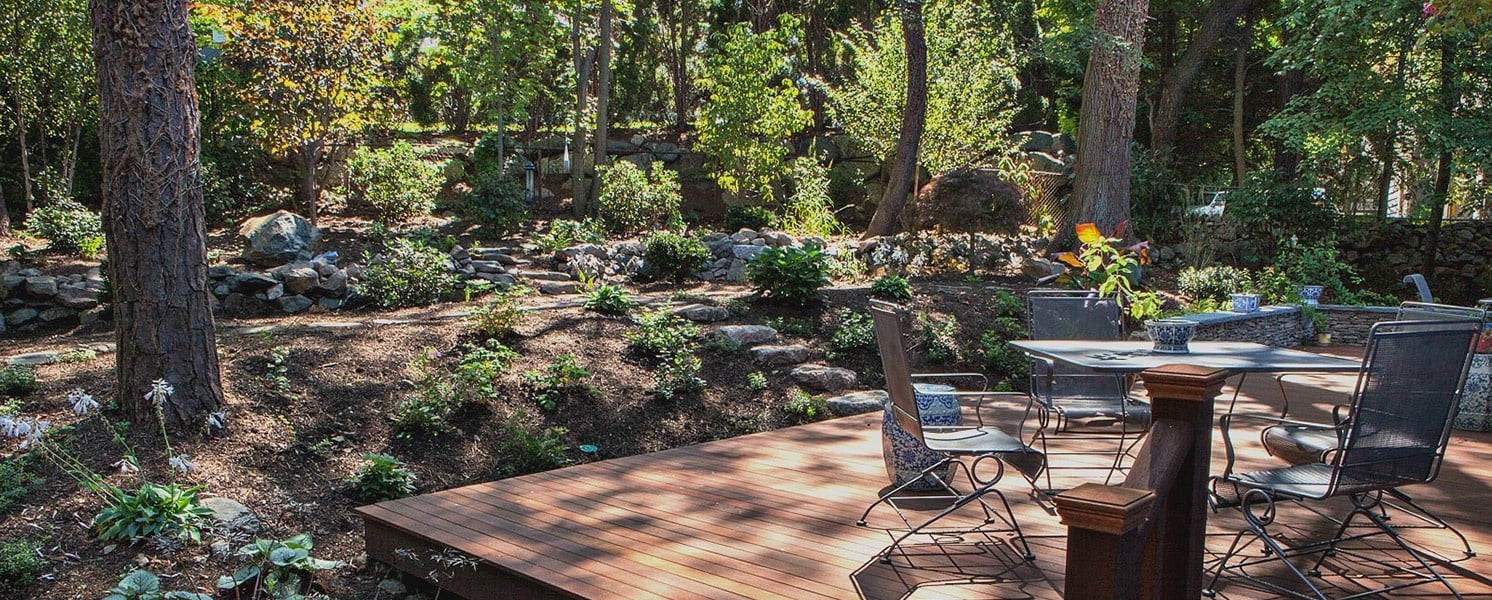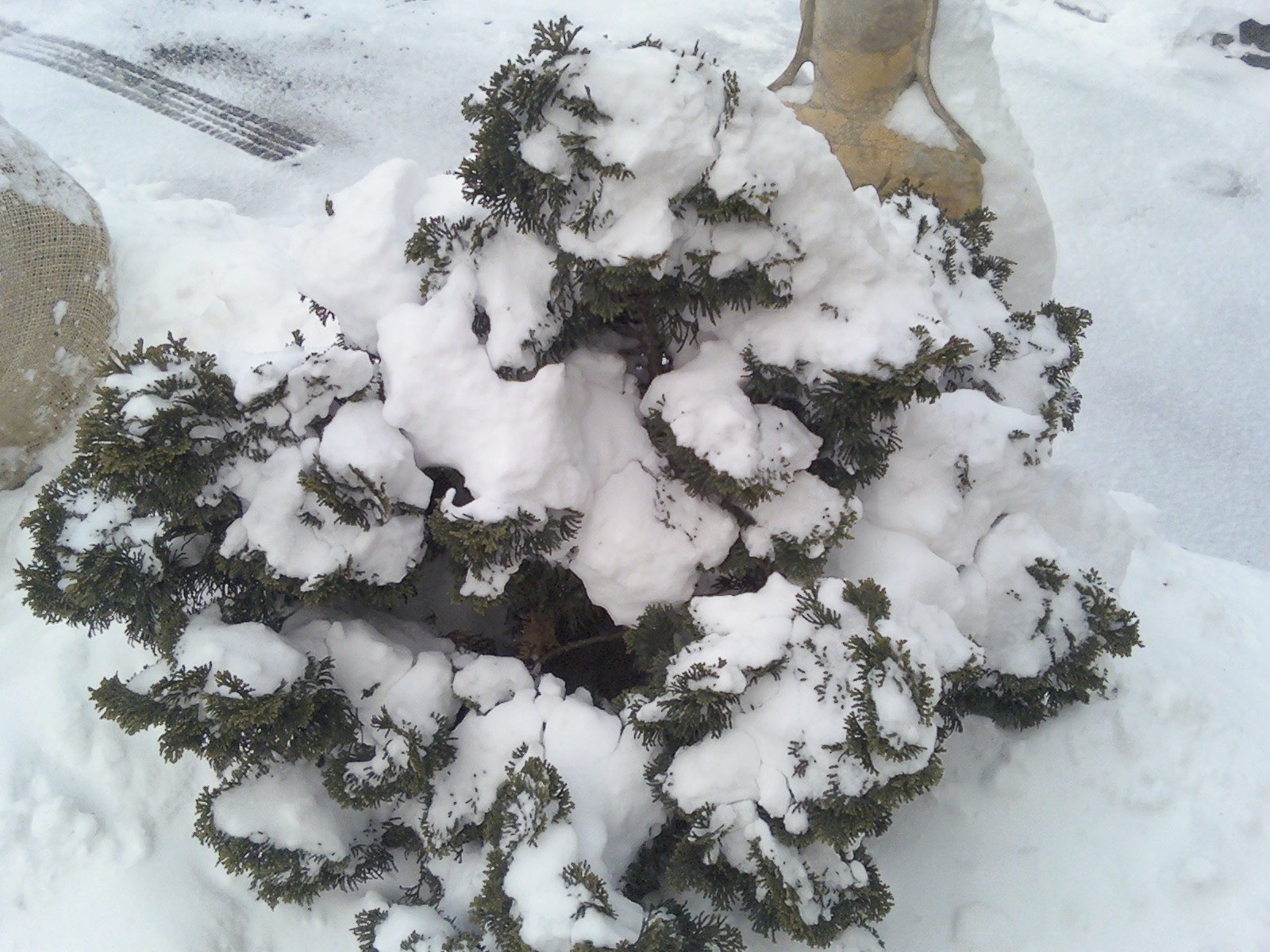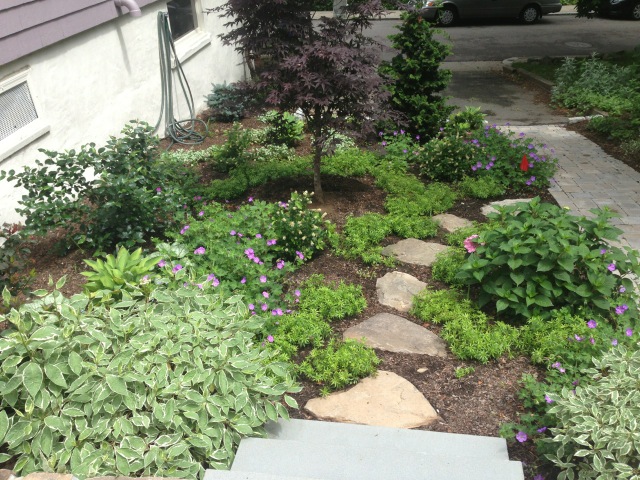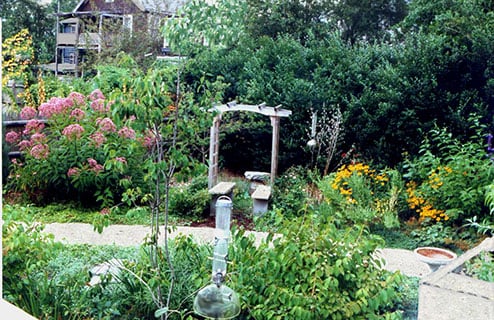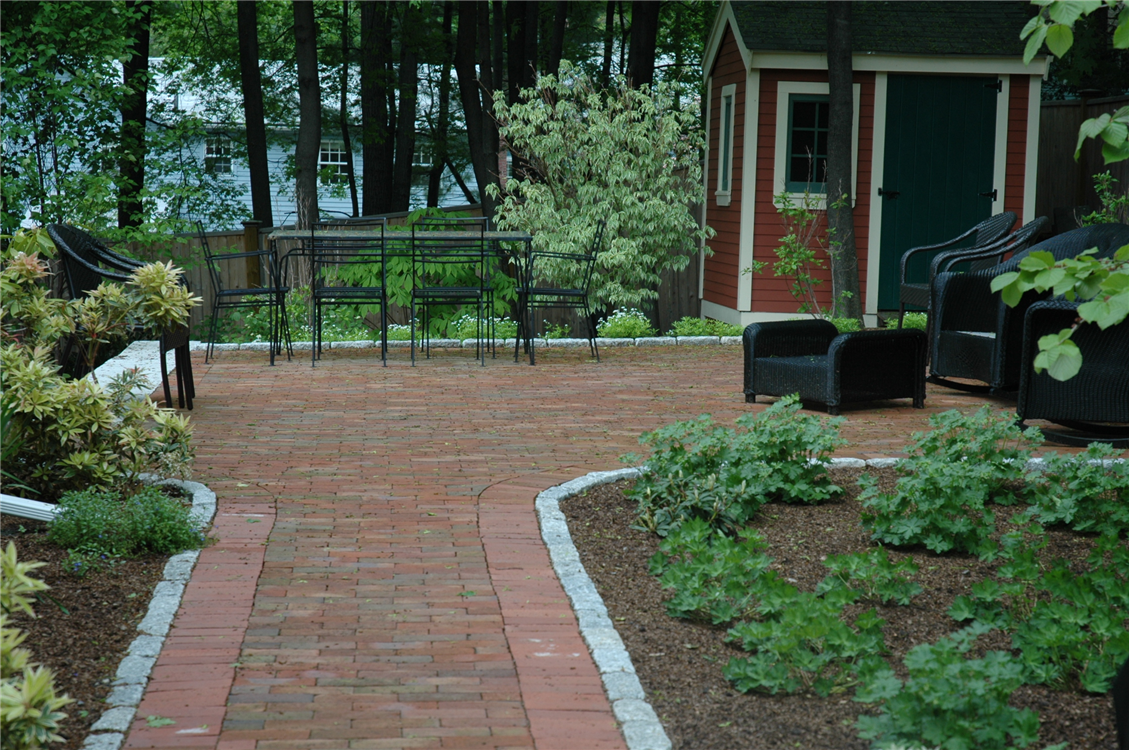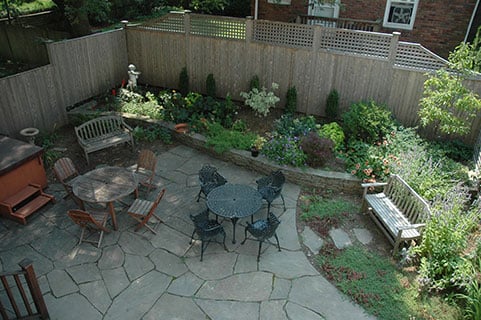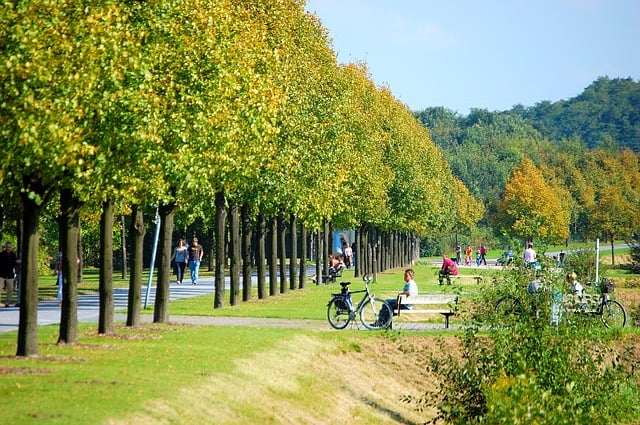When most people think of a fall yard cleanup, they envision transforming their yard into a spotless lawn and garden beds full of perfectly manicured grass, without a single leaf in sight. This may be a nice image for a postcard or television set, but it’s not what a yard tended to organically should look like. If you’re looking to have a yard that facilitates healthy plant and animal life, preserves the natural environment, and still looks great, consider the differences between a traditional fall cleanup and an ecological one.
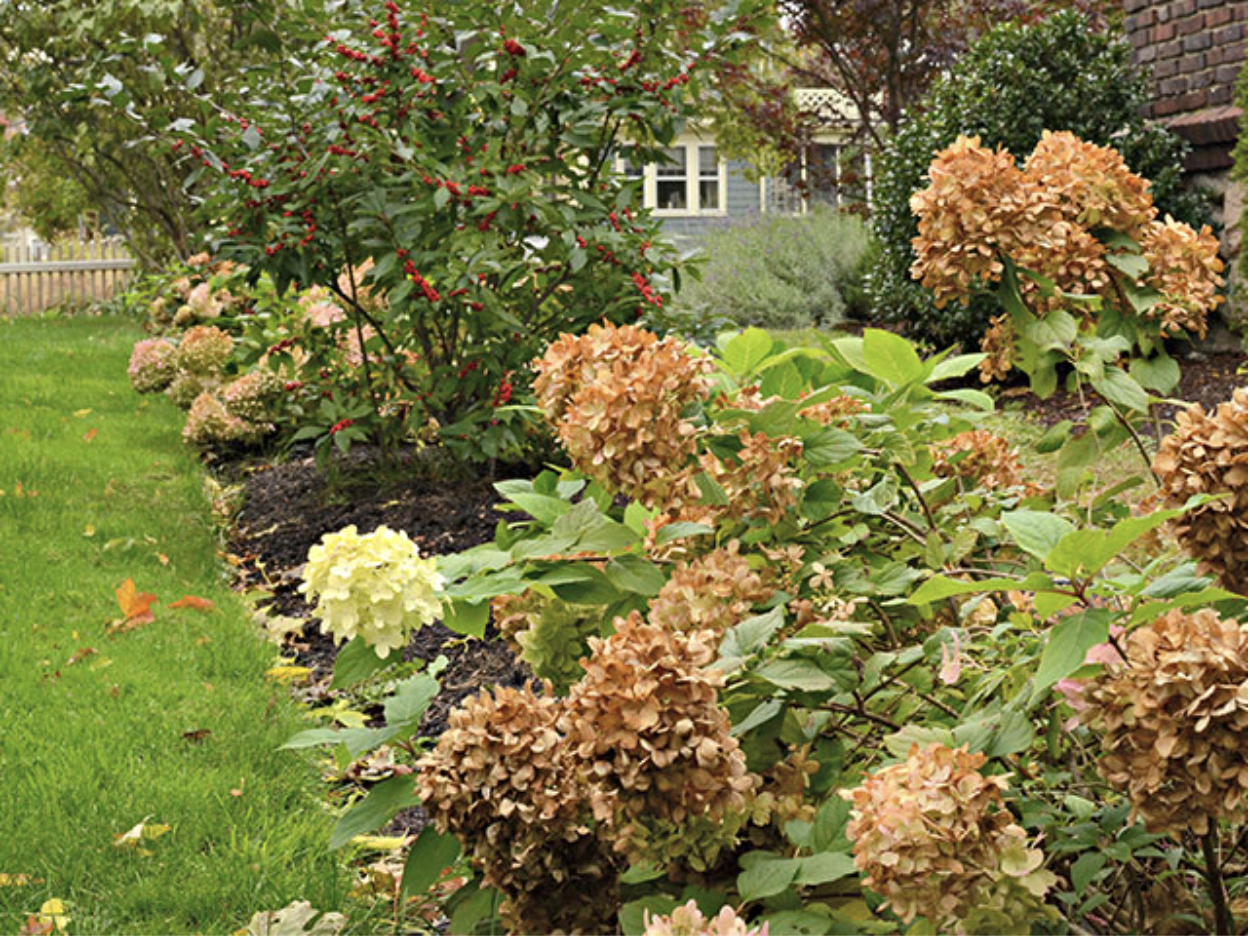
Traditional approaches to lawn care involve planning for the seasons as if they are all completely separate. While each season does require its own individual considerations, it’s best to start planning for seasons in advance.
When you follow ecological fall garden cleanup practices, you’re not only getting your garden in shape for the fall, you’re helping the soil repair and recover during the offseason so that it can support healthy, vibrant plants when the weather warms up. This acts as the foundation for your yard through the rest of the year.
Many people believe the best lawns are totally clear of any kind of leaves or organic matter, but healthy lawns actually have plenty of this type of material on them. Fallen leaves provide natural shelter for pollinators like bees, butterflies and ladybugs. They also offer valuable nutrients for soil and can protect the ground from harmful frost and harsh sunlight.
Ecological Benefits of Leaf Litter
You might think your lawn will be totally devoid of any life during the freezing winter, but that’s probably not the case. While there’s certainly less plant and animal life in your yard when it’s cold, there is a lot still there, hidden and waiting out the colder weather.
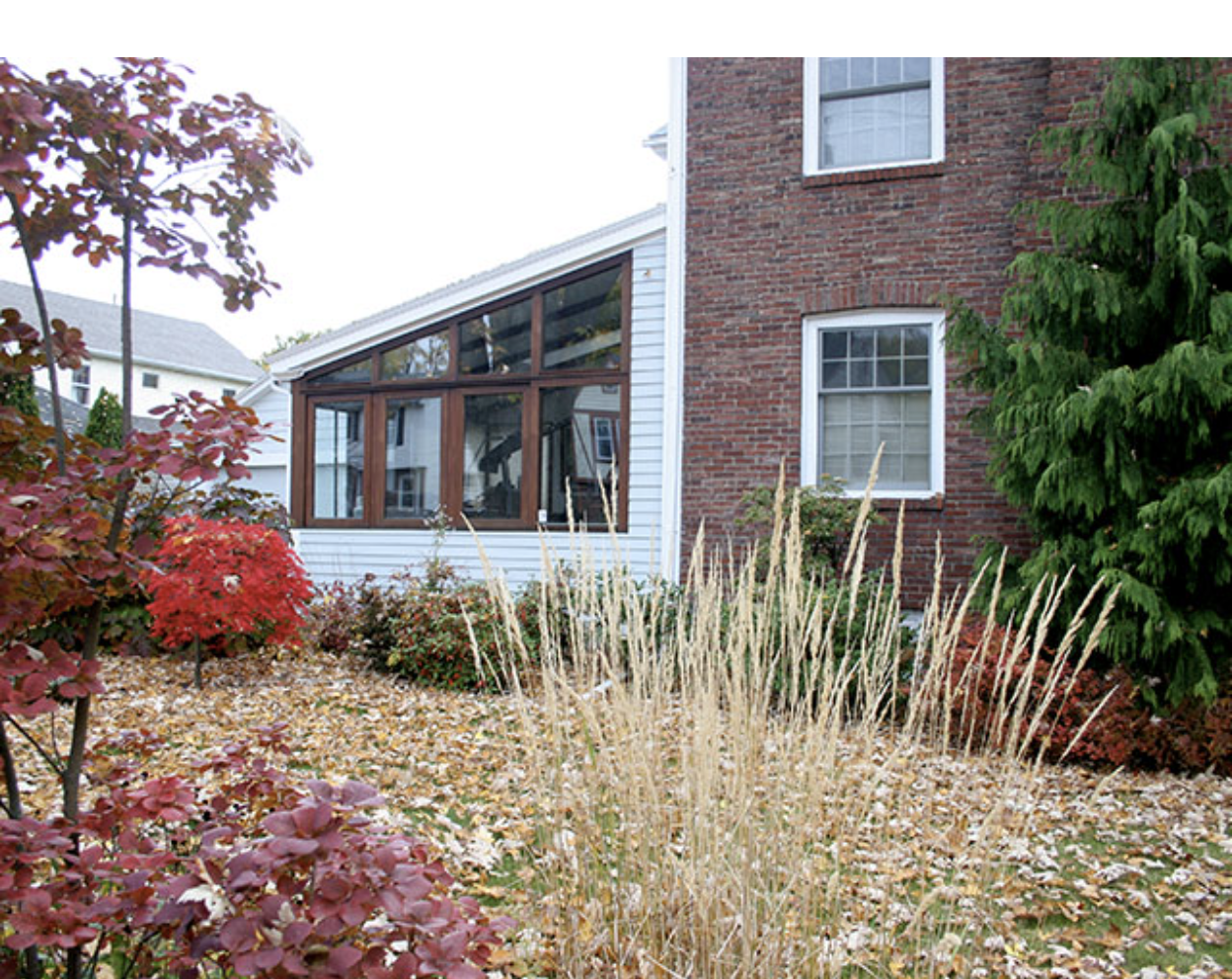
Having proper environmental conditions can be critical for some species’ ability to survive the winter. The winter season is challenging for all kinds of flora and fauna — not to mention the soil in your yard. Leaving the natural debris from plants, shrubs and trees helps them survive the cold so that they can thrive in the warm weather. Here’s just a few of the ways leaf litter can benefit your landscape and the surrounding wildlife:
Nutrient Recycling
As leaves break down, they release valuable nutrients back into the soil. These nutrients enrich the soil, making it more fertile and conducive to plant growth. Picking up leaves and other debris from your yard is effectively removing these nutrients from the system, especially if they are bagged up and hauled away. Too much of this will eventually lead to the need for fertilizers to replace those nutrients.
If you’d like to learn more about how nutrient cycles affect your yard, we have a great article on the subject, Hacking Nutrient Cycles for Vibrant Plants.
Natural Mulch
Fallen leaves act as a natural insulator to your grass and other garden plants. They protect the soil from extreme temperature swings that can damage root systems and the surrounding biome as well as create a barrier to hold in moisture and help prevent soil erosion. This can be crucial to the survival of plants that go dormant in the winter, including many species of turf grasses.
Habitat for Insects and Beneficial Bacteria
When left alone, leaves don’t just break down and rot on their own. They are home to thousands of species of insects and microorganisms that help the process along. The insects break the leaves up into smaller pieces where they can then be slowly processed by bacteria and other detritivores, breaking it down into nutrients that can then return to the soil to be used by your plants.
Food Source for Wildlife
Those insects that live in the leaf litter on your lawn also make up an important aspect of the broader food web. Birds, moles, and other insectivores rely on leaf litter to supply a consistent source of food throughout the fall and winter when bugs are much less likely to be out and about. Also, many species of trees and other plants drop seeds along with their leaves in the fall, which is the primary food source of many small mammals like squirrels, chipmunks, and mice.
Ways to Reduce the Impact of a Fall Lawn Cleanup
It’s fine to do routine maintenance or minor organizing that can make your outdoor space look a bit neater. But to best conserve the natural habitat around your home and prepare your yard for a healthy bloom season, don’t do any intense cleaning, raking, or pruning until the weather starts to turn warmer. This allows your yard to reap the natural benefits of the changing seasons.
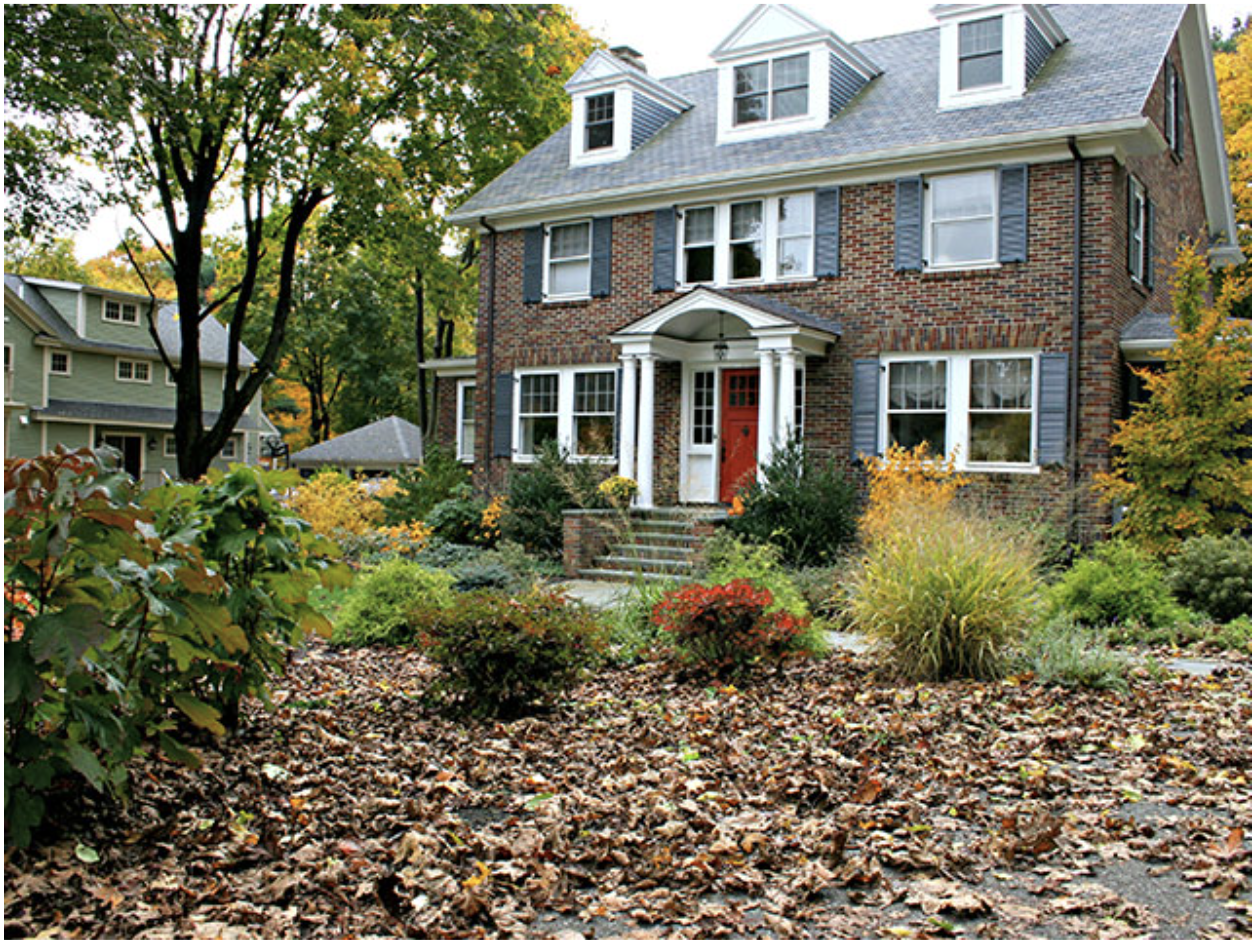
As we begin to transition into colder temperatures and areas of the state reach peak foliage, it’s important to know how to get your yard ready for winter. Now that you’ve learned more about why lawns are so important in fall, here are a few ecological tips to incorporate into your fall cleanup checklist:
Remove Leaf Litter Slowly Over Time
As with most things in nature, a gradual and gentle change will have much less of an impact on the environment than a swift, drastic one. Removing leaves and other debris is not always a bad thing and is often deemed necessary to continue to enjoy your yard into the colder months.
Sometimes, excessive leaf cover can even be damaging to your plants from crushing and smothering them. If you need to remove some or all of the leaf litter in your yard, the most ecologically friendly method is to do it slowly over a period of weeks or months. Using gentler methods like rakes instead of powerful leaf blowers also can reduce the disturbance of the soil and microorganisms underneath.
Leave some leaves behind
While removing every last fallen leaf from your yard may help you forget winter is coming in the short term, it may have some negative effects on your grass and the wildlife that call your yard home. Leaving some leaves behind through the fall and winter will allow all of the natural processes surrounding leaf litter to take place. You can then remove what’s left in the spring with much less environmental impact.
Compost what you clean up so you can add it back later
Composting is a great way to use debris picked up in your fall cleanup to benefit your yard in the future, however, it’s not quite as simple as just leaving your leaf pile to rot. The biological magic that converts your yard waste into nutrient rich compost requires the proper ratio of green and brown organic matter to work. Our article, The Key to Composting, goes into greater detail on the topic.
Don't remove dead shrubs or tree snags
If your yard has any dead or dying trees, it may be tempting to take them out and trash the parts so that you can plant something else in the area. But dead trees are actually one of the most important elements of a natural ecosystem. The National Wildlife Foundation says that dead trees provide a habitat for more than 1,000 different species of wildlife, including insects, fungi, birds, squirrels, and much more.
Prepare Your Yard for an Ecological Fall Cleanup in Massachusetts
If you’re worried about being able to clean your yard in an ecologically-friendly way, or you simply would prefer not to spend the time and effort preparing your yard for winter, our team at Moodscapes is available to help. We have many years of experience working with clients around eastern Massachusetts to help them get their yard ready for spring without disrupting the important ecological processes that happen during the winter. Contact us to learn more about how we can help.
For more information about how to create a personal landscape for your home, download our free ebook, How to Maintain Your Landscape and Transform It into a Beauty You'll Love.


